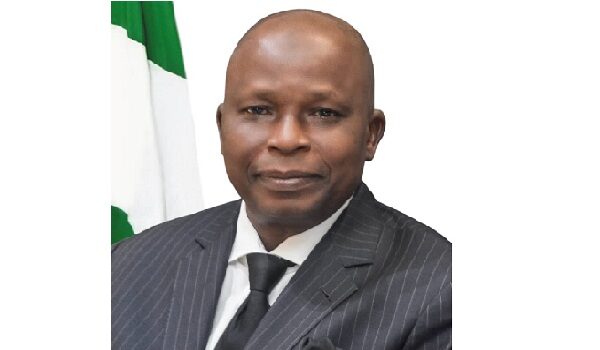
The Attorney-General of the Federation and Minister of Justice, Prince Lateef Fagbemi (SAN), has stated that those found guilty of corruption should not be granted state pardons. He also advised law enforcement agencies to avoid shoddy investigations, urging them to have all necessary facts before summoning individuals for questioning.
The AGF made these remarks at a roundtable organized by the Independent Corrupt Practices and Other Related Offences Commission (ICPC) for state Attorneys-General in Abuja on Monday. “I will suggest in our next constitution review exercise that we expunge those found guilty of corruption from benefiting from powers of ‘Prerogative of Mercy’ to serve as a deterrent to others,” he said.

In a statement by Kamarudeen Ogundele, Special Assistant to the President on Communication and Publicity, Office of the AGF and Minister of Justice, Fagbemi emphasized the importance of cooperation from all stakeholders, particularly the Attorneys-General, in the fight against corruption. He urged them to avoid nepotism, political witch-hunting, rivalry, and bigotry in their efforts to fight corruption merely to please their governors.
ALSO READ: 8 lost cities of the world
The minister further stated that there should be no justification for rationalizing corruption or other crimes. He advised that legal opinions on cases should be based strictly on facts, as is the practice in advanced countries, adding, “We should not give in to public sentiments. In Nigeria, we are polarised along political lines.”
The AGF also urged participants and anti-graft agencies to conduct thorough investigations before arresting suspects to prevent unnecessary media trials. “Let us be thorough and take our time before inviting someone for questioning. Don’t do a shoddy job and be quick to say we have caught a big fish…You will catch a big fish. If it is two or three big fish you are able to get in a year and you are thorough, it is alright,” he stated.
Additionally, Fagbemi advised against filing exaggerated or bogus charges against defendants to create public frenzy. He said, “Nobody wants a 50-count charge…make it five or six and be sure. Make sure you get him (suspect) in.”







